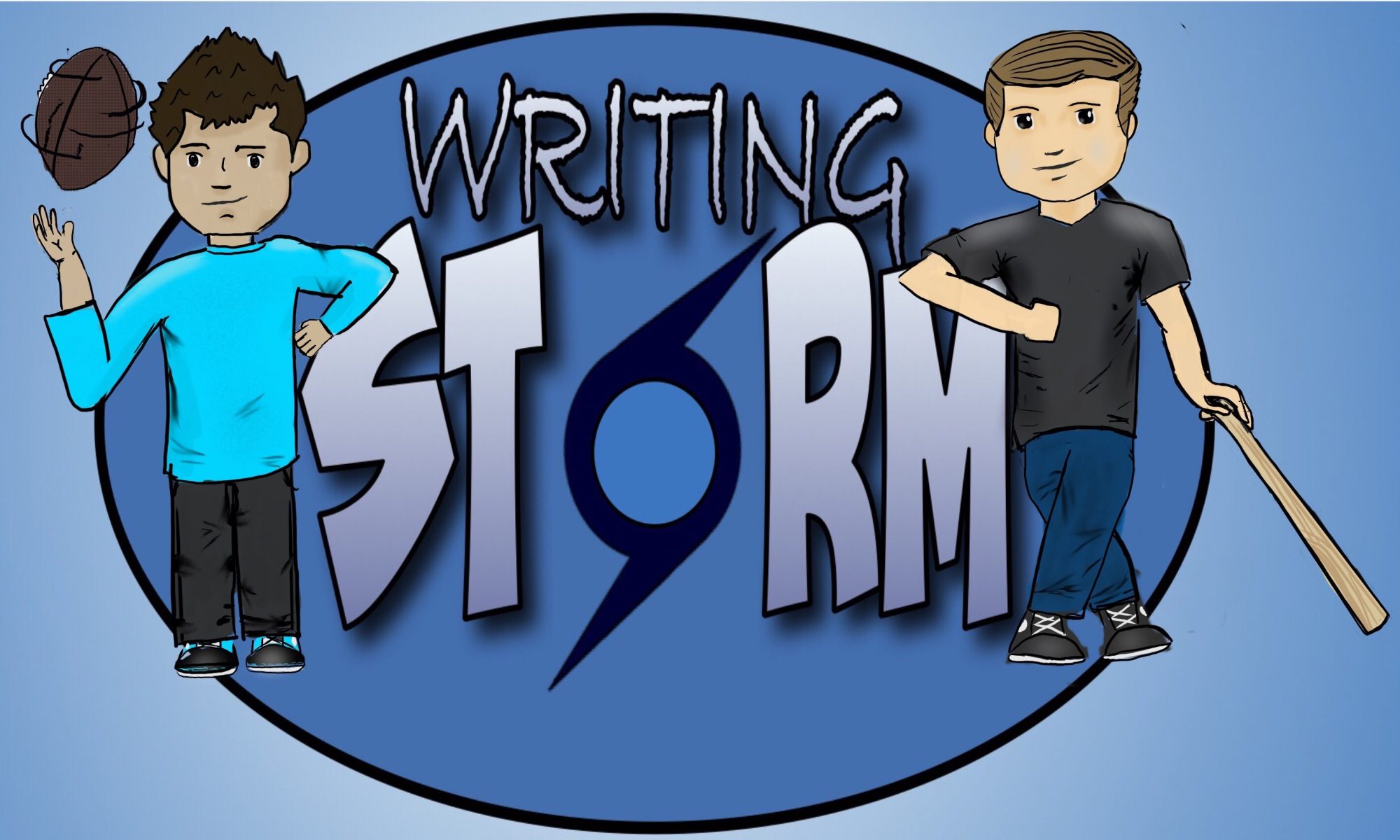“Warner Bros. had a tough act to follow after yesterday’s Star Wars display, but Zack Snyder and company delivered.”
Connor Behrans, for unleashthefanboy.com writes:
“What also makes the trailer worthwhile is the way it slaps detractors in the face. After Man of Steel, there was this backlash over the mayhem and destruction featured in the third act with many saying it was left field, unwarranted, and served no purpose to the plot. In the new trailer we are shown that Zack Snyder and the writer, Chris Terrio, have found a fantastic way to connect the destruction to the emergence of many superheros, the main one being Batman.”
Sreeju Sudhakaran notes for Bollywoodlife.com:
“The first teaser of Batman Vs Superman: Dawn of Justice met with divisive reactions. Cynics, like me, felt it was too dark and exposition-laden. However, the new trailer that was showcased recently at the San Diego Comic-con has managed to shut up morons like me. This is DEFINITELY one of the best trailers to be released this year.
The new trailer gives equal importance to both Henry Cavill’s Superman and Ben Affleck‘s Batman, with Gal Gadot making her first appearance as Wonder Woman.”
Chicago Tribune writer Luis Gomez wrote:
“The trailer is a significant improvement on the one released in April and, at least for this Batman nerd, a sigh of relief. The first trailer was a little too heavy on director Zack Snyder’s trademark green screen scenery. And as much as I like dark films, the first trailer was too dark and depressing. The new trailer has more fun action, more nods to the DC comic books (Did I point out the awesome Joker reference? I did, didn’t I?) and memorable scenes to geek out about, including Batman and Superman standing on the batmobile having a staredown.
I can finally say what I have yet to say since this film went into production: I’m excited for “Batman v Superman.”
The Detractors, from Forbes, first Erik KainErik Kain:
So far, at least, the film still strikes me as an odd project. It’s not “clicking” for me yet, and seems a little incoherent. The more expanded Comic-Con trailer, which shows off a lot more of the story and Bruce Wayne’s motivations for going after Superman, doesn’t help reassure me at all.”
Scott Mendelson also from Forbes argues:
“…that this would have been a much better opening salvo in terms of marketing for the film, but I think even with this expanded look at Batman Vs. Superman I’m left mostly scratching my head.”
There is good reason as to why a majority of criticism talking about this trailer is positive. The trailer is exceptional. If a trailers purpose is to ensure you pay money to watch a movie, and to let others know about your excitement, this trailer is a success. Enjoyed watching Batman put Superman through a roof and to see Batman’s new suit…basically DC’s version of Iron Man. I Can’t wait.
